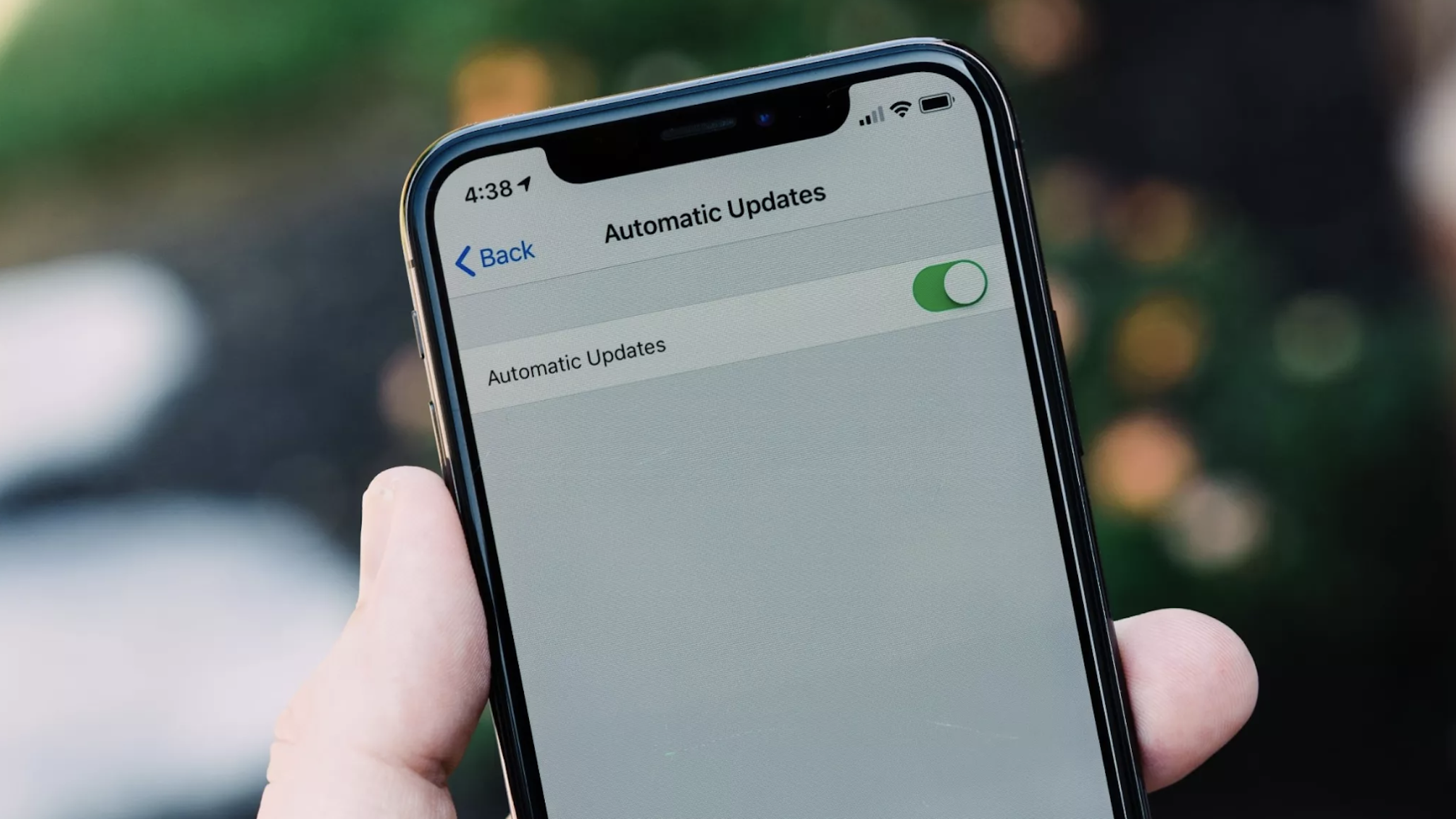Vital iPhone security updates could be blocked by proposed UK surveillance rules
That seems like a bad idea.

Owners of Apple's iPhones take it for granted that they will receive important security updates as and when they are required, but that might not be the case in the UK for much longer.
Proposed changes to the U.K.'s Investigatory Powers Act 2016 (IPA) could see Apple prevented from releasing certain security updates because they will interfere with the government's surveillance, it's reported.
The U.K. government can already interfere with apps and services, demanding the “removal by a relevant operator of electronic protection” of security features like end-to-end encryption. But the revisions to the IPA could go a step further.
No more security updates for you
Just Security reports that the new IPA revisions could have major implications for Apple and the millions of U.K. residents who use iPhones and other devices carrying that famous logo.
"Objective 4 of the proposed changes adds another layer to the current regulatory landscape by including an obligation for companies to notify the government before introducing any technical changes to their systems," the report says, adding that "while the proposal does not specify what technical changes would require notification, these may include changes in the architecture of software that would interfere with the U.K.’s current surveillance powers.
The upshot? Apple would have to tell the government if it wants to roll out a security fix and then face the possibility that it would be prevented from rolling it out if the fix blocks a vulnerability that U.K. law enforcement is using. "Device manufacturers would likely also have to notify the government before making available important security updates that fix known vulnerabilities and keep devices secure," the report explains. "Accordingly, the Secretary of State, upon receiving such an advance notice, could now request operators to, for instance, abstain from patching security gaps to allow the government to maintain access for surveillance purposes."
That's no doubt something that Apple would push back on but would likely have no choice over. The best iPhone is a private and secure one, of that there's no doubt. But Apple may find itself hamstrung by new U.K. rules regardless.
Master your iPhone in minutes
iMore offers spot-on advice and guidance from our team of experts, with decades of Apple device experience to lean on. Learn more with iMore!

Oliver Haslam has written about Apple and the wider technology business for more than a decade with bylines on How-To Geek, PC Mag, iDownloadBlog, and many more. He has also been published in print for Macworld, including cover stories. At iMore, Oliver is involved in daily news coverage and, not being short of opinions, has been known to 'explain' those thoughts in more detail, too. Having grown up using PCs and spending far too much money on graphics card and flashy RAM, Oliver switched to the Mac with a G5 iMac and hasn't looked back. Since then he's seen the growth of the smartphone world, backed by iPhone, and new product categories come and go. Current expertise includes iOS, macOS, streaming services, and pretty much anything that has a battery or plugs into a wall. Oliver also covers mobile gaming for iMore, with Apple Arcade a particular focus. He's been gaming since the Atari 2600 days and still struggles to comprehend the fact he can play console quality titles on his pocket computer.
